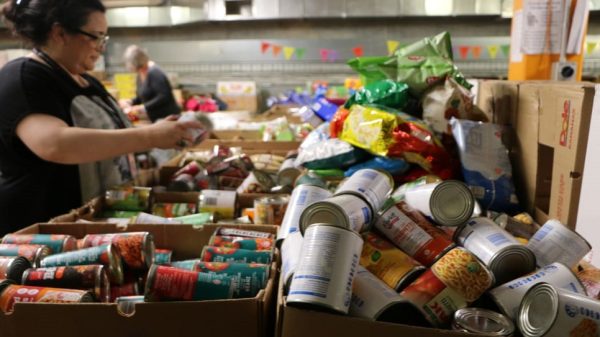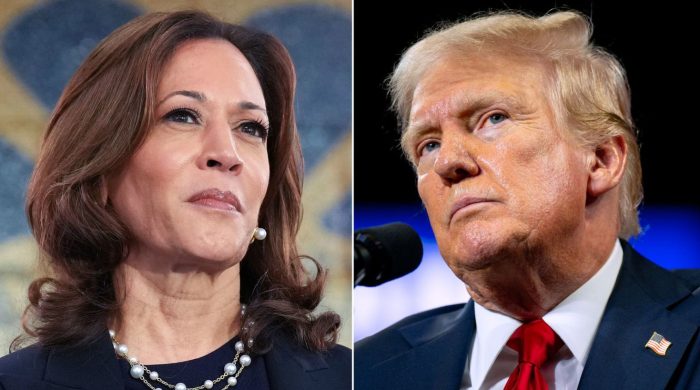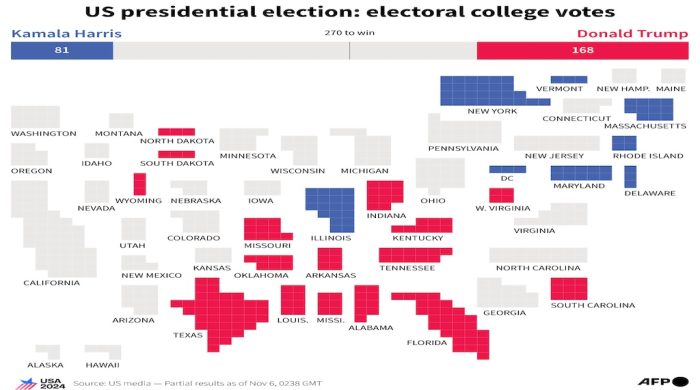New Zealand releases new budget to help ease cost of living pressures

- Update Time : Thursday, May 18, 2023
- 56 Time View

The New Zealand government released Budget 2023 on Thursday which contains a package of cost-of-living measures to ease the pressure for New Zealand households.
The new budget includes new policies such as cheaper childcare which extends 20 hours of free early childhood education (ECE) to two-year-olds. This will be a major saving for families and will reduce barriers for working parents to take on more hours if they can.
Based on average costs in 2023, families who were not previously receiving childcare subsidies would save an estimated 133.2 New Zealand dollars (83.37 US dollars) a week in childcare costs if a two-year-old child attended the ECE for at least 20 hours a week, according to Education Minister Jan Tinetti.
Other measures include helping with health costs by scrapping 5 New Zealand dollars (3.13 U.S. dollars) prescription co-payment which will benefit 3 million New Zealanders, providing free public transport for under-13-year-olds and half priced for under 25-year-olds.
New Zealand Prime Minister Chris Hipkins said he would focus on the bread-and-butter issues Kiwi households are facing, and the new budget provides cost of living relief across key expenses families’ experience.
“Global inflationary pressures coupled with the domestic challenges of recent weather events mean a balanced and targeted approach is being taken,” Hipkins said, citing challenges from natural disasters and cyclones to global pandemics.
“It’s a carefully calibrated package that deals with the here and now pressures, while also laying the foundation for real long-term benefits,” the prime minister said, citing benefits like better access to the ECE, removing barriers to accessing medicines, reducing greenhouse gas emissions and delivering warmer healthier homes.
The budget also makes important investments in skills, science and infrastructure to grow the economy and help make it more secure and resilient in the future, Hipkins said.

























